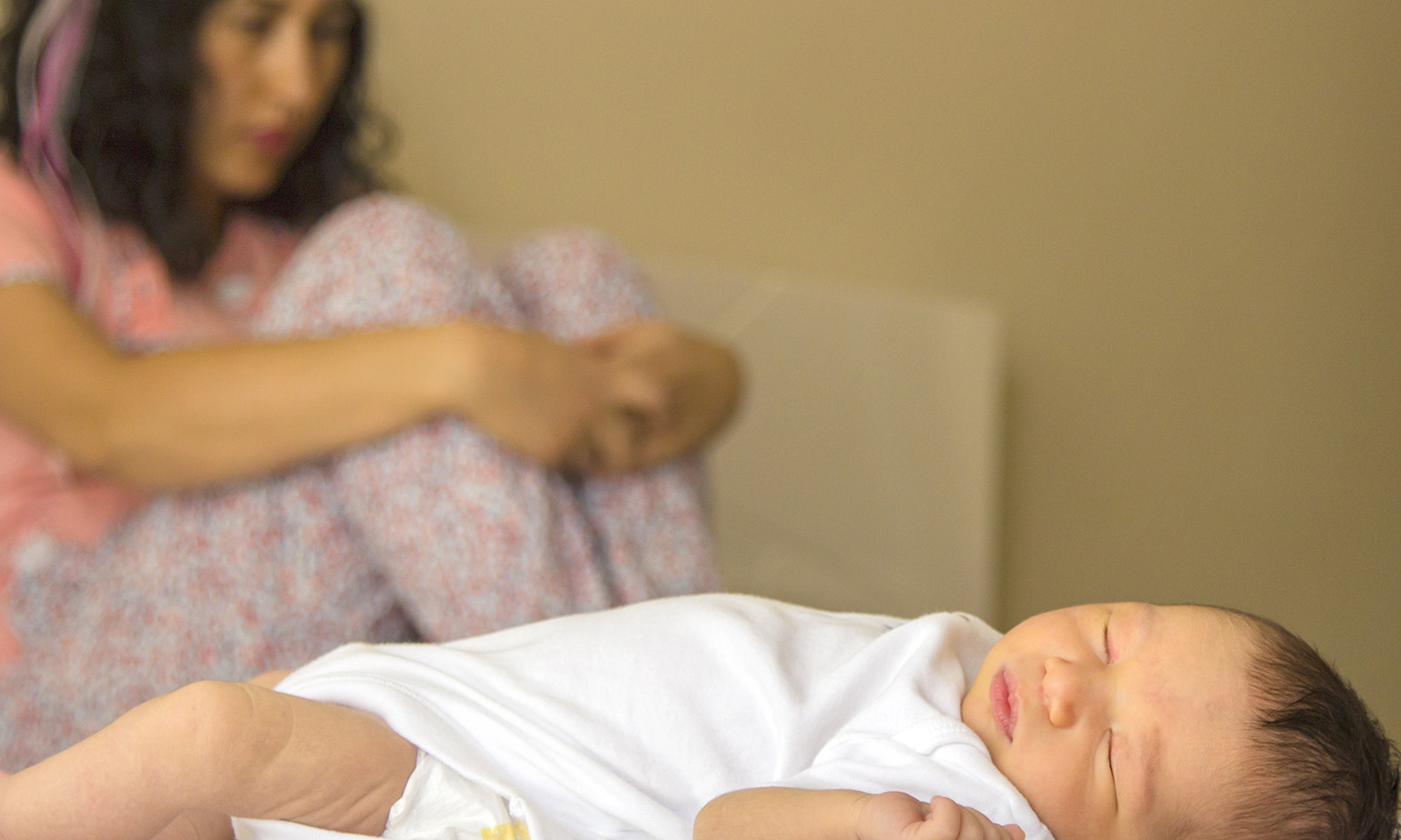What is Postnatal Depression?
Postnatal depression is a type of depression that many parents experience after having a baby. It’s a common problem, affecting more than 1 in every 10 women within a year of giving birth. It can also affect fathers and partners. It can occur any time during the baby’s first year.
If you are struggling, ask for help. It’s important to seek help if you think you may have postnatal depression — this is a common condition, and there’s no need to feel ashamed.
What are the symptoms?
The symptoms of postnatal depression are similar to the symptoms of depression. They include:
- feeling sad or low
- being unable to enjoy things that normally bring you pleasure
- tiredness or loss of energy
- poor concentration or attention span
- low self-esteem and self-confidence
- disturbed sleep, even when your baby is asleep
Factors contributing to postnatal depression
The exact causes of PND are still not known. Some contributing factors might include:
- Physical changes: Even a relatively easy birth is an overwhelming experience for a woman’s body. As well as, the sudden drop in pregnancy hormones affects brain chemicals (neurotransmitters). Broken sleep and exhaustion can also contribute to depression.
- Emotional changes: Adapting to parenthood is daunting. A mother has to deal with the constant demands of her baby, a different dynamic in her relationships and the loss of independence. Such changes are hard at the best of times, but are even more overwhelming when physically recovering from childbirth and coping with broken sleep.
- Social changes: Society puts lots of demands and expectations on a new mother, which a woman may feel she needs to live up to. She will find herself less able to keep up contact with her friends and workmates. Adapting to living on one wage may also be difficult.
What are ways to cope with Postnatal Depression?
Learning more about it
Education about postnatal depression can be extremely important to help you and your family and supporters to understand and help in your recovery. Talking about it with friends and family will help.
Look after your body by eating well
If you can’t stomach big meals, try eating small meals often. Make time to rest, relax, and sleep when you can. Sleep disturbance is really common with PND so it’s important to nap and sleep whenever you have the opportunity.
Self-care
Postnatal depression can feel exhausting and isolating, so it’s important to take time to yourself, enjoy your hobbies, and reach out to family and friends and ask for help when you need it.
Talking therapy
CBT can help you see how the ways you think and behave may be making you feel depressed. For example, you may have unrealistic expectations about being a parent and feel you should never make a mistake. CBT can help you see these thoughts are unhelpful and help you find a different way to think about parenthood.



